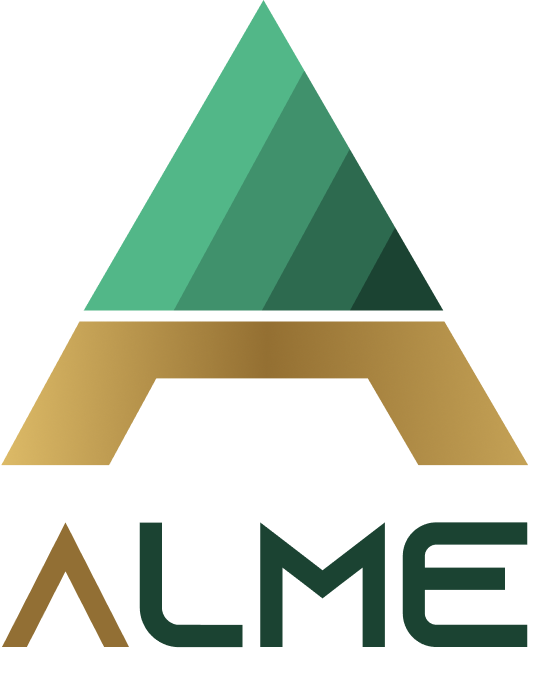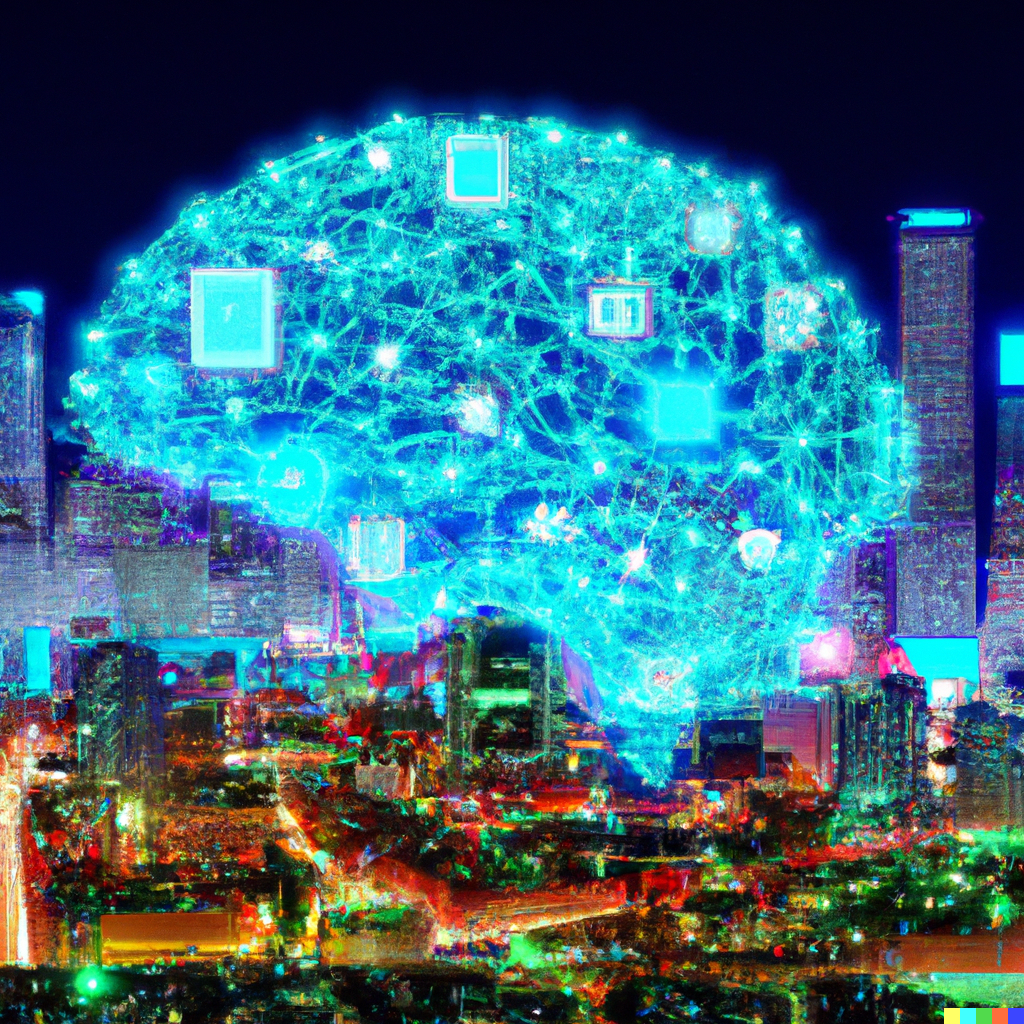Direct-to-consumer (D2C) brands face fierce competition in the digital age. With so many brands vying for market share, how can D2C brands stand out and boost conversions? Well, one solution may be the use of machine learning algorithms.
Machine learning algorithms can help D2C brands analyze customer behavior on their websites. For example, logistic regression and decision tree algorithms can be used to identify patterns in user clicks data, which can help brands optimize their website for conversions. Similarly, clustering algorithms can be used to segment customers based on their behavior, allowing brands to create targeted offerings and messaging.
One clear place to include machine learning is in building personalized product collections like “Recommended for you”, “Similar products”, “Users also liked” etc. We can also create thematic categories like “Vacation wear”, “Office looks” etc for fashion D2C
Personalizing marketing messages is another area where machine learning algorithms can be used. Collaborative filtering algorithms, which are commonly used in recommendation engines, can be applied to customer purchase histories to make product recommendations that are tailored to individual customers.
Natural language processing (NLP) algorithms can also be applied to customer feedback data to help brands gain insights into customer sentiment. By analyzing the language used in customer reviews and other feedback, NLP algorithms can identify common themes and issues that can inform product development and marketing messaging.
Machine learning algorithms can help D2C brands improve their website optimization, personalize marketing messages, and gain valuable insights into customer sentiment. For most D2C brands, the question is not why but how. They are aware of the power of AI but don’t have the bandwidth or technical expertise to take these up. That’s where we come in. Hit us up for a deeper conversion on deep learning

